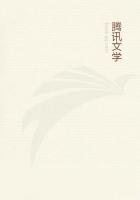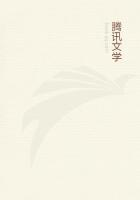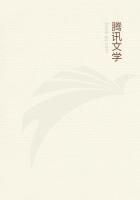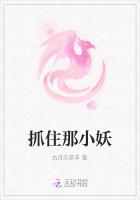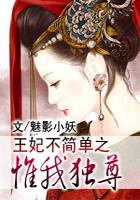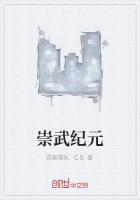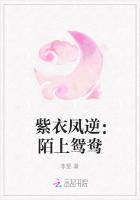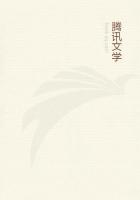Other parts which are commonly believed to remain in a sympathetic union with the body, after the physical connexion has been severed, are the navel-string and the afterbirth, including the placenta. So intimate, indeed, is the union conceived to be, that the fortunes of the individual for good or evil throughout life are often supposed to be bound up with one or other of these portions of his person, so that if his navel-string or afterbirth is preserved and properly treated, he will be prosperous; whereas if it be injured or lost, he will suffer accordingly. Thus certain tribes of Western Australia believe that a man swims well or ill, according as his mother at his birth threw the navel-string into water or not. Among the natives on the Pennefather River in Queensland it is believed that a part of the child's spirit (cho-i) stays in the afterbirth. Hence the grandmother takes the afterbirth away and buries it in the sand. She marks the spot by a number of twigs which she sticks in the ground in a circle, tying their tops together so that the structure resembles a cone. When Anjea, the being who causes conception in women by putting mud babies into their wombs, comes along and sees the place, he takes out the spirit and carries it away to one of his haunts, such as a tree, a hole in a rock, or a lagoon where it may remain for years. But sometime or other he will put the spirit again into a baby, and it will be born once more into the world. In Ponape, one of the Caroline Islands, the navel-string is placed in a shell and then disposed of in such a way as shall best adapt the child for the career which the parents have chosen for him; for example, if they wish to make him a good climber, they will hang the navel-string on a tree. The Kei islanders regard the navel-string as the brother or sister of the child, according to the sex of the infant. They put it in a pot with ashes, and set it in the branches of a tree, that it may keep a watchful eye on the fortunes of its comrade. Among the Bataks of Sumatra, as among many other peoples of the Indian Archipelago, the placenta passes for the child's younger brother or sister, the sex being determined by the sex of the child, and it is buried under the house. According to the Bataks it is bound up with the child's welfare, and seems, in fact, to be the seat of the transferable soul, of which we shall hear something later on. The Karo Bataks even affirm that of a man's two souls it is the true soul that lives with the placenta under the house; that is the soul, they say, which begets children.
The Baganda believe that every person is born with a double, and this double they identify with the afterbirth, which they regard as a second child.
The mother buries the afterbirth at the root of a plantain tree, which then becomes sacred until the fruit has ripened, when it is plucked to furnish a sacred feast for the family. Among the Cherokees the navel-string of a girl is buried under a corn-mortar, in order that the girl may grow up to be a good baker; but the navel-string of a boy is hung up on a tree in the woods, in order that he may be a hunter. The Incas of Peru preserved the navel-string with the greatest care, and gave it to the child to suck whenever it fell ill.
In ancient Mexico they used to give a boy's navel-string to soldiers, to be buried by them on a field of battle, in order that the boy might thus acquire a passion for war. But the navel-string of a girl was buried beside the domestic hearth, because this was believed to inspire her with a love of home and taste for cooking and baking.
Even in Europe many people still believe that a person's destiny is more or less bound up with that of his navel-string or afterbirth. Thus in Rhenish Bavaria the navel-string is kept for a while wrapt up in a piece of old linen, and then cut or pricked to pieces according as the child is a boy or a girl, in order that he or she may grow up to be a skilful workman or a good sempstress. In Berlin the midwife commonly delivers the dried navel-string to the father with a strict injunction to preserve it carefully, for so long as it is kept the child will live and thrive and be free from sickness. In Beauce and Perche the people are careful to throw the navel-string neither into water nor into fire, believing that if that were done the child would be drowned or burned.
Thus in many parts of the world the navel-string, or more commonly the afterbirth, is regarded as a living being, the brother or sister of the infant, or as the material object in which the guardian spirit of the child or part of its soul resides. Further, the sympathetic connexion supposed to exist between a person and his afterbirth or navel-string comes out very clearly in the widespread custom of treating the afterbirth or navel-string in ways which are supposed to influence for life the character and career of the person, making him, if it is a man, a nimble climber, a strong swimmer, a skilful hunter, or a brave soldier, and making her, if it is a woman, a cunning sempstress, a good baker, and so forth. Thus the beliefs and usages concerned with the afterbirth or placenta, and to a less extent with the navel-string, present a remarkable parallel to the widespread doctrine of the transferable or external soul and the customs founded on it. Hence it is hardly rash to conjecture that the resemblance is no mere chance coincidence, but that in the afterbirth or placenta we have a physical basis (not necessarily the only one) for the theory and practice of the external soul. The consideration of that subject is reserved for a later part of this work.

